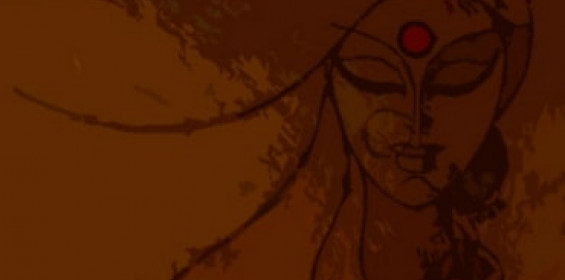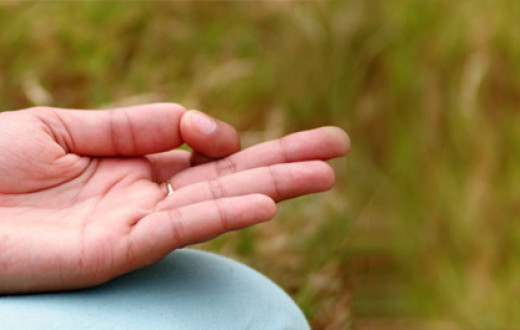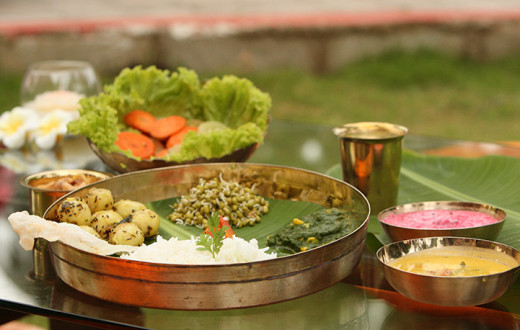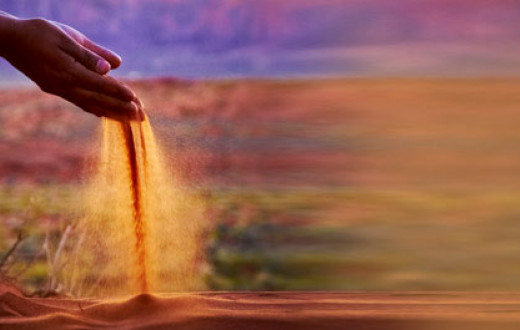
Diwali is also known as ‘Deepavali’, which literally means rows (avali) of lights (deepa) in Sanskrit. This festival of lights is celebrated on the darkest night (Amavasya) of the Kartik month in the Indian calendar, and it symbolizes the vanquishing of ignorance (darkness) by knowledge (light).
The festival of Diwali has many rituals, traditions, and stories associated with it. On the surface, these traditions may seem very mundane and insignificant but there is a beautiful meaning hidden behind each and every aspect of the Diwali celebrations. Gurudev Sri Sri Ravi Shankar unveils the hidden meaning behind these ancient customs and traditions of Diwali.
The 4 aspects of Diwali and Significance
Let us see Significance of Diwali, Stories, customs & why do we celebrate Diwali
1. Lighting of lamps
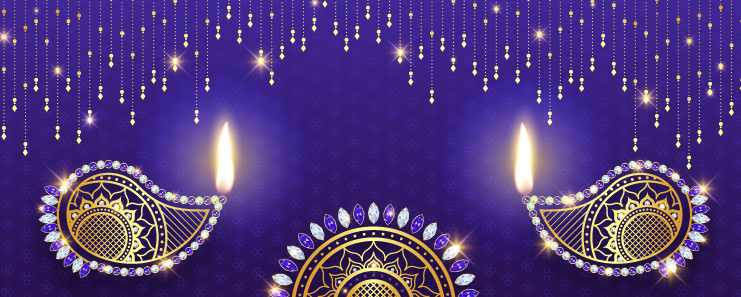
Diwali is the festival of lights - the festival of joy, prosperity, knowledge, and wisdom, as light represents many things. A physical lamp is just a symbol. The real lamp is you and you have to be lit up, vibrant, smiling, joyful, and full of energy because that is the real festival. And this can only happen with knowledge - not with comforts, gadgets, money, or even friends. Real happiness comes with knowledge. The lights on Diwali are symbolic of the spreading of knowledge.
It is not enough if one lamp is lit, we need lots of lamps to be lit for knowledge to blossom and for the darkness to go. So, that is why many lamps are lit during Diwali. Only then can our society progress. That is why in Sanskrit, we chant, “Sangachhatwam”, which means, ‘let us all walk together’, and may there be light and happiness in everyone’s lives. This is the unique message of Diwali.
Wisdom of Diwali #1
Lord Buddha said, “Appo Deepo Bhavah”. Lord Buddha says that one should not think that one has really celebrated Diwali simply by lighting oil lamps in the house. The real essence is that you too should shine with the radiance of knowledge, so that you can illumine the path of many others in life. The way to do that is for everyone to meditate regularly.
2. Firecrackers
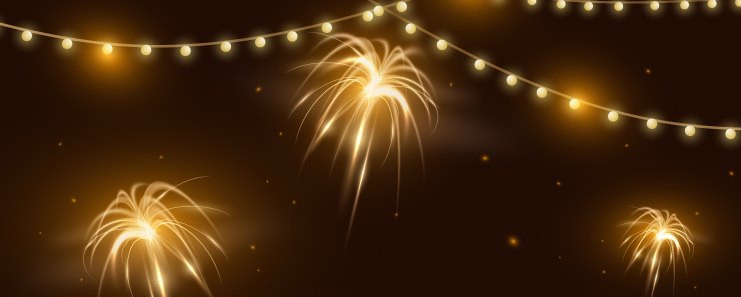
When an explosion happens on the outside, the explosion inside is diffused. This is the significance of firecrackers. Whatever negativity – anger, jealousy, or fear - has accumulated in your mind in the last one year should get dissolved in the form of all the crackers. With each cracker, burst any negativity you may have for any person, or simply write the name of that person on the cracker and burst it, and just know that all ill feelings like jealousy have been burnt.
But, what do we do? Instead of finishing the negativity, either we wish that that person gets finished or burn ourselves in that fire of negativity. It should be the other way around. Think that all the negativity and ill feelings have gone out with those crackers, and become friendly with that person again. There is a feeling of lightness, love, peace, and happiness within you; now, go and have sweets with that person and celebrate Diwali. This is the true Diwali spirit. By bursting crackers, burn the bad qualities of that person, not the person.
Firecrackers also bring our mind to the present. Have you noticed that when your mind is disturbed by too many cravings and aversions, you feel as if your head is going to burst, isn't it? That is why when you burst crackers, the explosion on the outside settles something inside, and you feel lighter and more alive. Also, in the earlier days, there was no electricity, and so children used to burn fireworks to have fun and feel happy. Today, we are living in the age of electricity, so you do not need to burn fireworks. You can light up so many places using electric lights instead of firecrackers. This will also prevent air pollution.
It is all right to burst a few crackers, but again, you should not burst crackers that are very loud or that create too much smoke. So many birds and animals get very disturbed because of the noise. They experience a sense of shock because of these fireworks. You know, birds experience trauma because of loud crackers. So, I would suggest that you all refrain from fireworks this Diwali. If you cannot keep yourself from bursting firecrackers, then you can light a few sparklers and celebrate. There is no need to burst loud crackers, which create so much sound and disturb everyone. Even the birds and animals in the environment get so scared because of these disturbing fireworks.
3. Exchange of gifts and distribution of sweets.
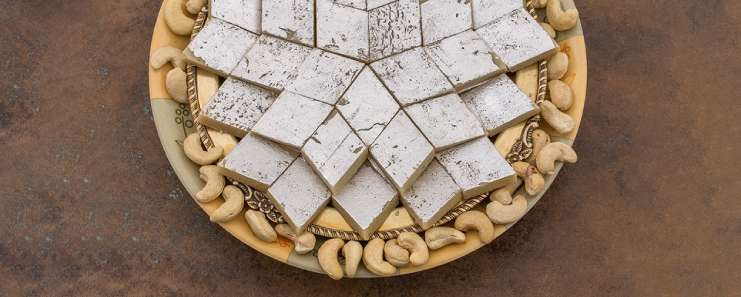
Sweets dispel bitterness, and are symbolic of a renewed friendship. It is not necessary to eat a lot of fried foods to celebrate Diwali. Have food that is healthy and nutritious, and serve the same to others as well.
This Diwali, choose the gift of everlasting happiness for your loved ones with the Art of Living Online Meditation and Breath Workshop.
Sign them up here:
4. Feeling the abundance
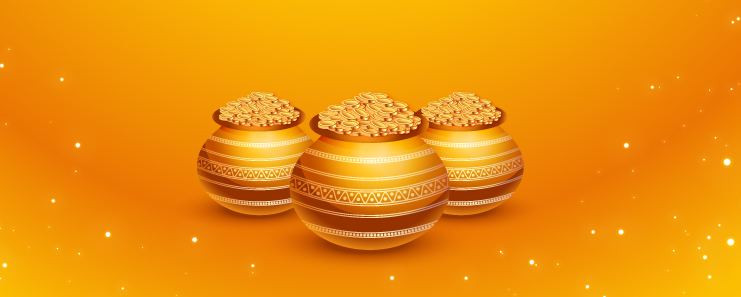
It is a day to feel grateful for all that we have. It is believed that wealth (Goddess Lakshmi) is very transient and she stays only where there is hard work, sincerity, and gratefulness. In Srimad Bhagavatam, there is mention of an incident when Goddess Lakshmi left the body of King Bali to go with Lord Indra. On being questioned, she says that she resides only where there is 'satya' (truth), 'daan' (charity), 'vrat' (abstinence), 'tapa (penance)', 'parakram' (courage), and 'dharma' (righteousness).
This Diwali, let us pray and feel grateful: let there be prosperity in every corner of the world, let all people experience love, joy, and abundance in their lives.
Donate - DSY
Diwali and the series of festivities
Diwali festivities start on the 13th day of the fortnight of the waning moon and go on for five days.
#Day 1 : Dhanteras
On the first day of the celebrations, Dhanteras or Dhantrayodashi, houses and business premises are renovated and decorated. The entrances are made colorful with lovely, traditional motifs of rangoli designs to welcome the goddess of wealth and prosperity (Lakshmi). To indicate her long-awaited arrival, small footprints are drawn with rice flour and vermilion powder all over the house. Lamps are kept burning all through the nights. As this day is believed to be auspicious, women purchase gold, silver, or new utensils. In some parts of India, cattle are also worshipped.
This day is also considered to be the birthday of Dhanvantari, the god of Ayurveda or the physician of gods, and celebrated as Dhanvantari Jayanti. On this day, lamps are lit all night in reverence to Lord Yama, the god of death, and hence, also known as ‘Yamadeepdaan’. This is meant to get rid of the fear of an untimely death.
Life is a precious gift & gratitude is the greatest wealth. #Dhanteras is recognizing all that you have & being grateful for it. Then greed & lack-consciousness changes into hope & abundance.
— Gurudev Sri Sri Ravi Shankar (@SriSri) October 17, 2017
#Day 2: Naraka Chaturdashi
On the second day, Naraka Chaturdashi, the tradition is to wake up early in the morning and have a bath before sunrise. The story goes that the demon king Narakasur, ruler of Pragjyotishpur (a province to the South of Nepal), defeated Lord Indra and snatched away the magnificent earrings of Aditi (the mother goddess) and imprisoned sixteen thousand daughters of the gods and saints in his harem. Lord Krishna killed the demon on the day before Naraka Chaturdashi, liberated the imprisoned damsels, and also recovered the precious earrings of Aditi. The womenfolk massaged scented oil on his body and gave him a bath to wash the filth off his body. Hence, this tradition of an early morning bath signifies the victory of the Divine over negative forces. This day represents the heralding of a new future filled with goodness.
Lighting a lamp during #Diwali is symbolic of kindling the flame of knowledge in your consciousness. #HappyDiwali
— Gurudev Sri Sri Ravi Shankar (@SriSri) October 19, 2017
#Day 3: Lakshmi Puja
The most important day of the celebrations is the third day – Lakshmi Puja. This is the day when the sun enters its second course. This day is considered to be very auspicious despite it having the darkest night. The impenetrable darkness of the night slowly disappears as small twinkling lamps light up entire cities. It is believed that Goddess Lakshmi graces the earth on this night and showers us with blessings of abundance and prosperity. In the evening, people perform Lakshmi Puja and distribute homemade sweets to everyone.
There is a strong relationship between the festival of Diwali and our ancient epics and scriptures such as Ramayana and Mahabharata. Many events in the Mahabharata and the Puranas are related to the festival of Diwali. For example, when Lord Rama returned to Ayodhya after completing 14 years of exile, everyone in the city celebrated his return by lighting lamps everywhere. There is a deeper meaning to this as well. It means that once the light of knowledge dawns from within, there is light everywhere in the world around us. The whole world starts scintillating with the light of knowledge. To convey the unique importance of spiritual knowledge in our life, we celebrate Diwali.
On this very auspicious day, many saints and great people have taken samadhi and left their mortal bodies. Two such great seers are Lord Krishna and Bhagwan Mahavir.
Wisdom of Diwali #2
An interesting story about this Diwali day from Kathopanishad is of a small boy called Nachiketa, who believed that Yama, the god of death was as black as the dark night of Amavasya. But, when he met Yama in person, he was puzzled seeing the god’s calm countenance and dignified stature. Yama explained to Nachiketa that only after passing through the darkness of death can man see the light of the highest wisdom; only then can his soul escape from the bondage of his body to become one with the Divine. It was then that Nachiketa realized the importance of worldly life and the significance of death. With all his doubts set to rest, he wholeheartedly participated in the Diwali celebrations.
Diwali symbolizes kindling of knowledge in your consciousness.May this festival of lights bring wisdom & joy in everyone's life.#HappyDiwali
— Gurudev Sri Sri Ravi Shankar (@SriSri) October 31, 2016
#Day 4: Govardhan Puja
The fourth day of the celebrations is known as Varshapratipada and marks the coronation of King Vikram. This is also the day when Lord Krishna lifted the mighty mountain, Govardhan, to save the people of Gokul from the torrential rains brought on by the anger of Lord Indra.
#Day 5: Bhai Dooj
The fifth day is celebrated as Bhai Dooj, symbolizing the love between brothers and sisters. Brothers give their sisters a gift as a token of their love.
The essence of Diwali
On this Diwali, remember the vastness and eternal nature of your life and feel a deep sense of gratitude for all that you have received in life. Light lamps, spread light everywhere, and also remind yourself that you too are a beautiful lamp, here to spread the light of joy and knowledge. Everyone who comes to you should experience the light of joy, no one should feel sad. This is what you should pray for.
Diwali 2022 Date & Time
Diwali 2022 will be celebrated on Monday, October 24 this year.
Muhurat timings for Lakshmi Puja - 07:10 PM to 08:29 PM
This Diwali, choose the gift of everlasting happiness for your loved ones! Get them started on their inner journey of bliss and joy with powerful meditation and breathing techniques taught in the Art of Living Meditation and Breath Workshop.
Sign them up here:







